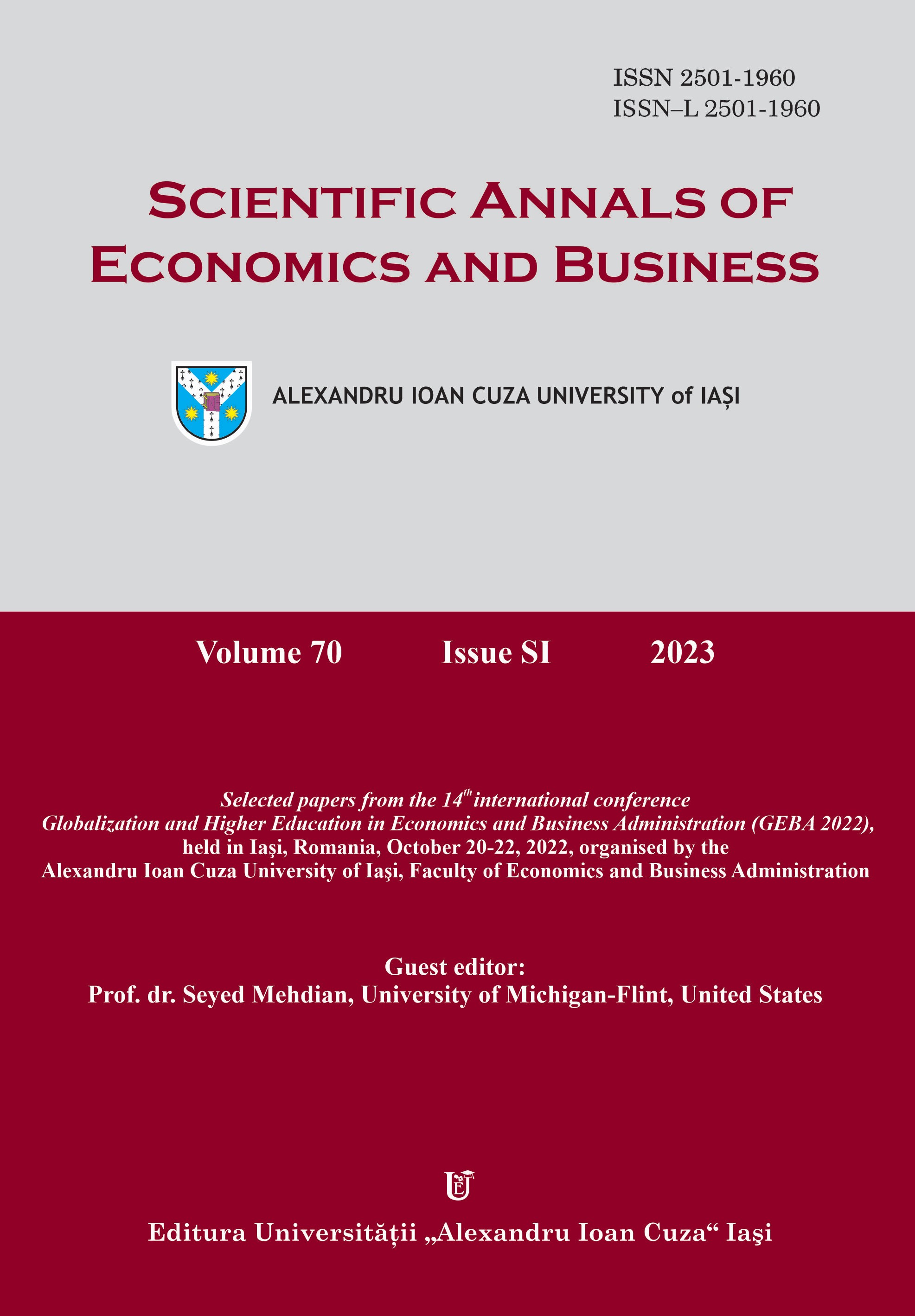Worldwide Fiscal Progressivity: What can we Learn from Subjective Wellbeing Economics?
Worldwide Fiscal Progressivity: What can we Learn from Subjective Wellbeing Economics?
Author(s): Angela Ruíz Guillermo, Francisco Gómez García, Luis Palma MartosSubject(s): Personality Psychology, Methodology and research technology, Economic development, Public Finances, Fiscal Politics / Budgeting, Socio-Economic Research
Published by: Editura Universităţii »Alexandru Ioan Cuza« din Iaşi
Keywords: progressivity; subjective well-being; taxation; quality of life; happiness;
Summary/Abstract: The link between fiscal progressivity and subjective well-being at global level is an issue that has hardly been considered in the literature on the Economics of Happiness. Oishi et al. (2012) is almost the only work in this field, and they concluded that those countries which had more progressive income tax systems were also happier. Our work use their definition of progressivity as the difference between the upper and lower marginal rate on income, in order to prove its relationship with subjective well-being (SWB), but we have observed that such indicator is not very significant for a sample of 111 countries. Besides, we conclude that the fact that a country's maximum income tax rate is high turns out to have a strong influence on the declared subjective well-being of its citizens. One possible explanation for it could be that they are countries with a high GDP per capita in which disposable income after taxes remains high. However, it must be taken into account that in our work we have managed to isolate the influences that the GDP per capita variable could have using the principal component analysis method.
Journal: Scientific Annals of Economics and Business
- Issue Year: 70/2023
- Issue No: Special
- Page Range: 121-135
- Page Count: 15
- Language: English

